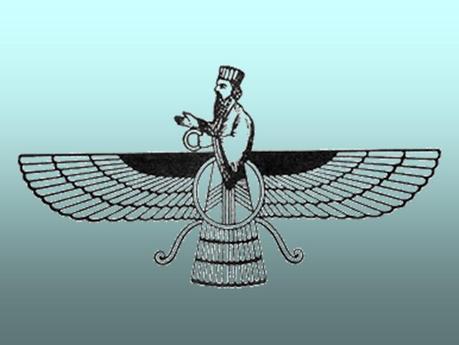In The Protestant Ethic and the Spirit of Capitalism (1905), Max Weber sought to correct or temper Karl Marx’s view that religion was always a reflection or epiphenomenon of the economic base. Although Marx’s understanding of religion was considerably more complicated and drew heavily on Ludwig Feuerbach’s idealist critique in The Essence of Christianity (1841), his assertion that religion “is the opium of the people” usually obscures this fact. Weber’s intent was to show that religion, rather than being a mere result of economy, could produce economic transformations; in his view, Calvinism gave birth to capitalism.
While Weber surely was right to argue that religion and economy influence one another dialectically, few scholars accept his argument that capitalism was made possible by Calvinism. Although the Protestant Ethic remains a classic, its reputation has dimmed. Few have been more scathing in their criticism than Rodney Stark, who takes Weber to the woodshed in “Putting an End to Ancestor Worship“:
[E]conomic historians long ago dismissed Weber’s monograph as anti-Catholic nonsense on the irrefutable grounds that the rise of capitalism in Europe preceded the Reformation by centuries. Weber was aware that economic historians rejected his thesis on the basis of time order. Consequently, he progressively made his definitions finer in an attempt to restrict capitalism to “modern” Reformation business organizations. Clearly, Weber inserted the adjective “modern” in order to confound those who argued that capitalism was far older than Protestantism.
If Protestant ideals didn’t create capitalism, this doesn’t mean religion had no impact on the mercantilism and mindset that led to it. It simply means we should shift our temporal focus and look for earlier possible influences.
In “The Protestant Ethic and the Parsis,” Robert Kennedy does just this and suggests that Zoroastrianism — an ancestral monotheism — set the stage for Modernity, which encompasses not only capitalism but also science. Kennedy identifies five abstract values associated with Modernity: (1) an underlying order in nature, (2) sensory standard of verification, (3) material work is intrinsically good, (4) maximization of material prosperity, and (5) accumulation rather than consumption of material goods.

Zoroastrian and Parsi Symbol-Motif
Using historical data on the Parsis or Zoroastrian Persians who fled from Iran to India after the Islamic conquest in the 8th century AD, Kennedy examines their beliefs, culture, and society for correspondences. Finding many, Kennedy suggests that modern economy and science may have roots in Zoroastrian religion.
It is an unfortunate fact that we know less about Zoroastrianism than we would like. Although it was the official state religion of the Persian Empire for nearly seven centuries, the conquering Muslims attempted to eradicate every vestige of the faith. One thing is certain: Zoroastrian ideas and influences can be found in Judaism and Christianity. This raises an interesting possibility.
Nietzsche asserted that modern science arose in the West because the West was Christian. To make a long intellectual history short, Christianity’s obsessive search for sacred “Truth” turned on itself and (paradoxically) gave rise to a profane search for truth, which we now call science. If there is in fact a connection between Christianity and science, there may be an even deeper (or older) connection between Zoroastrianism and science.
References:
Stark, R. (2004). SSSR Presidential Address, 2004: Putting an End to Ancestor Worship Journal for the Scientific Study of Religion, 43 (4), 465-475 DOI: 10.1111/j.1468-5906.2004.00249.x
Kennedy, Jr., R. (1962). The Protestant Ethic and the Parsis American Journal of Sociology, 68 (1) DOI: 10.1086/223262



